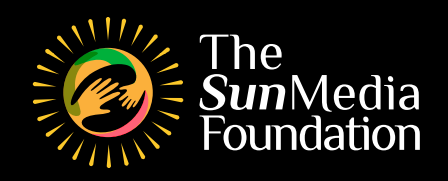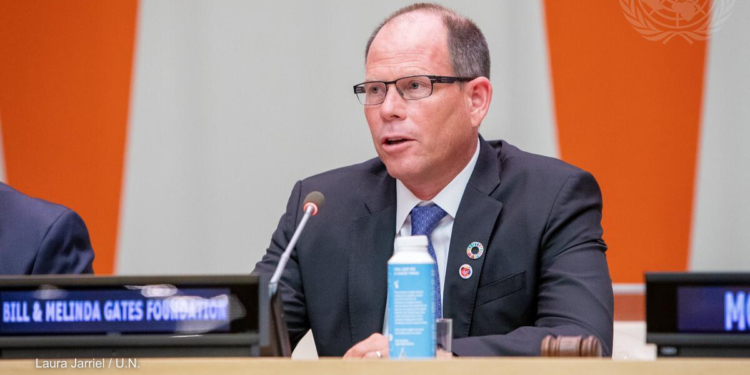The Bill & Melinda Gates Foundation, in collaboration with governments, philanthropies, the private sector, Non-Government Organisations (NGOs), global and community leaders, has announced commitments totalling $1.27 billion to improve and save millions of lives.
The announcement was made during United Nations General Assembly meeting in New York, United States of America.
According to a statement made available to newsmen, the funding will address overlapping global crises that “have reversed the progress already made toward achieving the UN Sustainable Development Goals (Global Goals). The foundation’s sixth annual Goalkeepers Report notes that nearly every indicator of the Global Goals is off track at the halfway point for achieving them by 2030.
“Despite these challenges, the report highlights opportunities to accelerate progress by investing in long-term solutions and innovative approaches to entrenched issues, including poverty, inequality, and climate change.
“This week has underscored the urgency of the challenges we face, and the promise of sustainable solutions that save and improve lives,” said Mark Suzman, Gates Foundation CEO.
“We can get back on track toward the SDGs, but it’s going to take a new level of collaboration and investment from every sector. That’s why our foundation is significantly stepping up our commitment to help confront crises now and ensure long-term impact across critical determinants of health and development.”
According to the statement, “$100 million to help alleviate the food crisis disproportionately impacting communities in Africa and South Asia and address its underlying causes, has been set aside.
“This funding will go to the Global Agriculture and Food Security Program (GAFSP) to support national governments in rebuilding resilient, sustainable local food systems.
Read also: Kwara PDP alleges APC Govt plan to clamp down on opposition figures
“The African Fertiliser and Agribusiness Partnership (AFAP) to make fertilisers affordable and accessible for smallholder farmers.
“The CGIAR’s Nigeria-based International Institute of Tropical Agriculture research center to accelerate work that is already supplying farmers with improved and new varieties of crops, such as beans high in iron; sweet potatoes naturally rich in vitamin A; and naturally hardy cassava, millet, and sorghum.
“Working with partners to supply sustainable feed and fodder to African families that depend on livestock as a critical source of income and nutrient-dense food.
“Working with partners to strengthen local food systems by empowering women farmers with the tools and resources they need to succeed and support their communities.
“In addition, the Foundation will double its previous commitment to the Child Nutrition Fund—from $10 million to $20 million. Our investment will support the fund’s expansion beyond ready-to-use therapeutic food to include preventative nutrition products for both women and children.
“$200 million to expand global Digital Public Infrastructure. This funding will help expand infrastructure that low- and middle-income countries can use to become more resilient to crises such as food shortages, public health threats, and climate change, as well as to aid in pandemic and economic recovery.
“This infrastructure encompasses tools such as interoperable payment systems, digital ID, data-sharing systems, and civil registry databases.
“$50 million to Partners in Health Scholarship Fund to attend the University of Global Health Equity (UGHE) in Rwanda This commitment will help catalyze efforts to raise $200 million.
“The scholarship fund will support students, 75% of whom are women, to attend UGHE and help accelerate efforts to increase the number of health care workers in Rwanda and around the world.
“We see the greatest progress when governments, the private sector, and local communities collaborate in global health programs,” said Bill Gates, co-chair. “The commitment this week to combat preventable diseases and save millions more lives through the Global Fund replenishment is a great step forward in getting back on track to reach the Sustainable Development Goals.”

